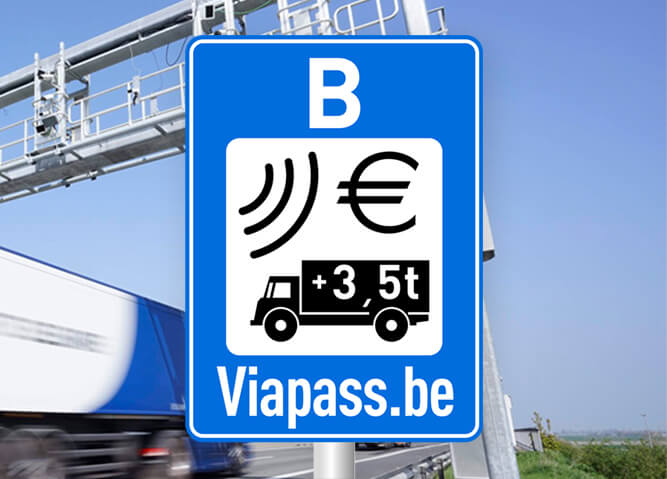
Transport federations also want kilometer charge for passenger cars

There will be no kilometer charge for passenger cars for the time being. The various Belgian transport federations regret that they will not be additionally taxed /Viapass
The Flemish government has adopted the updated Flemish Energy and Climate Plan (VEKP). To meet the target of -40% greenhouse gas emissions b


Comments
Ready to join the conversation?
You must be an active subscriber to leave a comment.
Subscribe Today